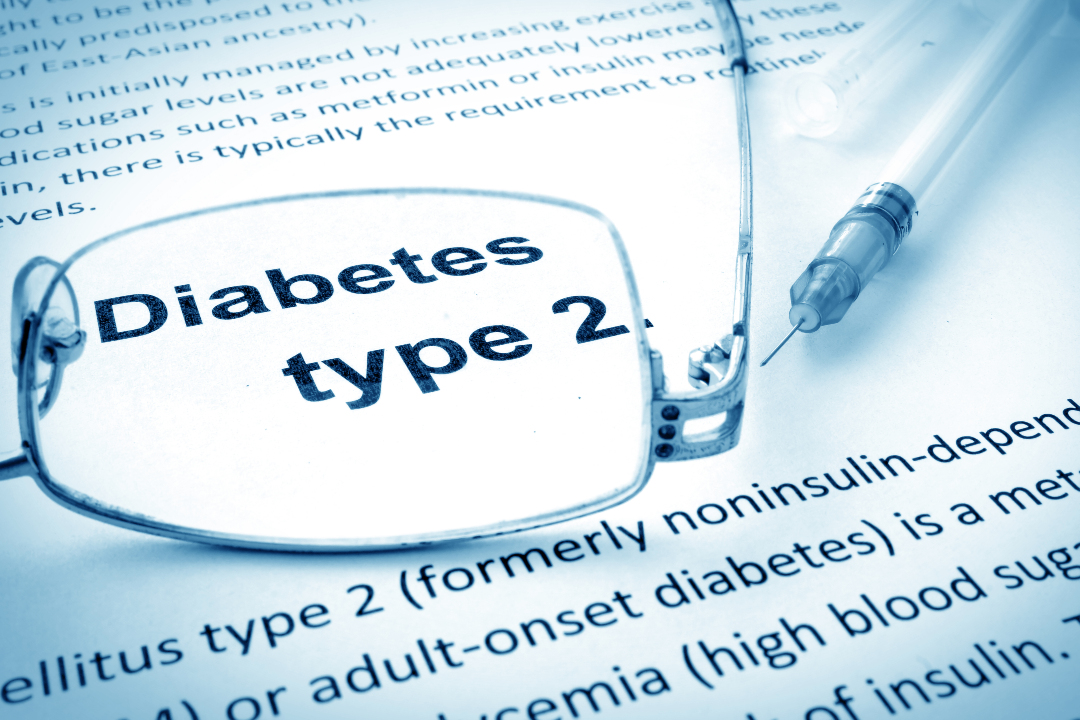
Biggest shake-up in type 2 diabetes care in a decade announced
On Aug. 20, 2025, the National Institute for Health and Care Excellence (NICE) announced that millions of people are set to benefit from earlier access to newer type 2 diabetes treatments – the biggest shake-up in care for a decade – as part of NICE’s commitment to re-evaluate priority clinical pathways described in the 10-Year Health Plan for the UK National Health Service (NHS).
The draft guidelines from NICE moves away from a ‘one-size-fits-all’ approach, shifting from automatically starting everyone on one medicine to personalised treatment plans that aim to prevent heart failure, heart attacks and other serious medical problems.
NICE’s independent guideline committee has expanded access to newer diabetes medicines called SGLT-2 inhibitors (with names like canagliflozin, dapagliflozin, empagliflozin, and ertugliflozin) from being second-choice treatments to first-choice treatments. And some groups of patients stand to benefit from another type of medicine called GLP-1 receptor agonists (such as liraglutide or semaglutide), rather than keeping them for later stages of treatment.
For patients who cannot tolerate metformin (the traditional first diabetes medicine), the new guidelines recommend starting with an SGLT-2 inhibitor on its own. This is because growing evidence shows these medicines protect the heart and kidneys beyond just controlling blood sugar.
The draft guideline aligns with the 10-Year Health Plan for the NHS which highlights the need for a shift from treatment to prevention, through an approach that aims to prevent the future complications of diabetes. It also supports the roll out of digital care through continuous glucose monitoring and community-based care delivery.
The guidelines also address concerns about under-prescribing of SGLT-2 inhibitors, with real-world evidence showing these medicines are not being offered equitably across the UK. NICE analysed records of almost 590,000 people and found that SGLT-2 inhibitors are under-prescribed, particularly to women, older people, and Black or Black British individuals.
Around 4.6 million people are diagnosed with diabetes in the UK according to Diabetes UK, with about 90% of those having type 2. Additionally, it is estimated that almost 1.3 million people in the UK are likely to have undiagnosed type 2 diabetes.
Tags:
Source: National Institute for Health and Care Excellence
Credit:
